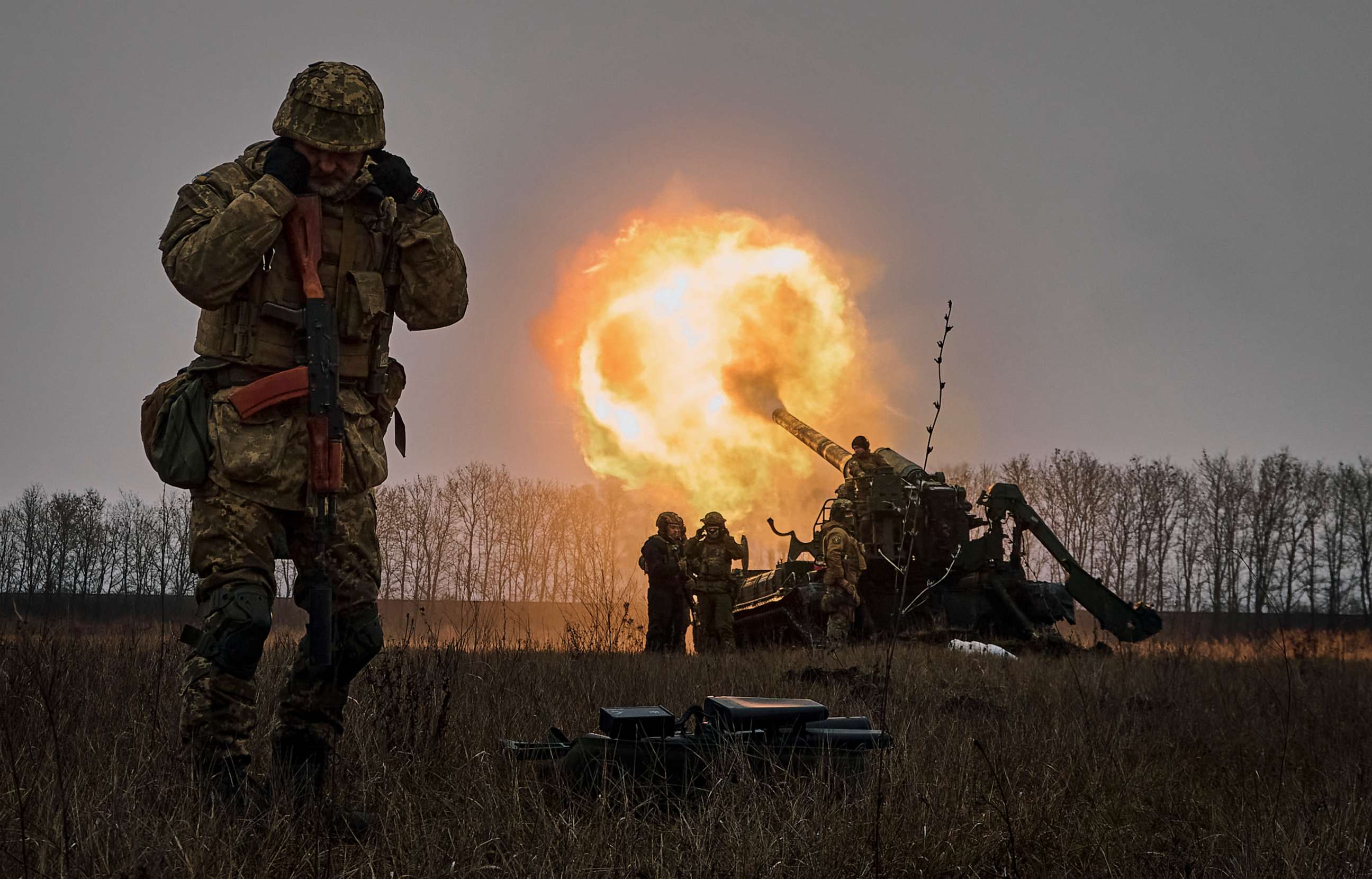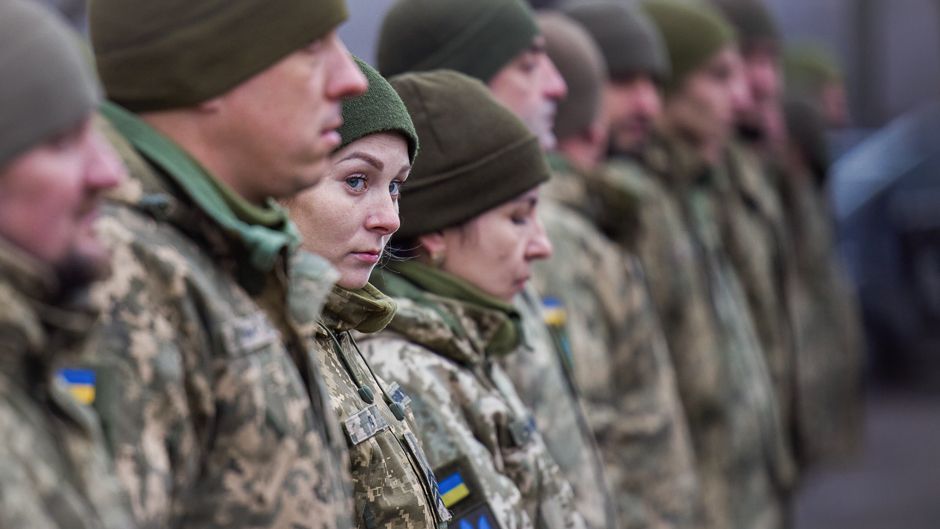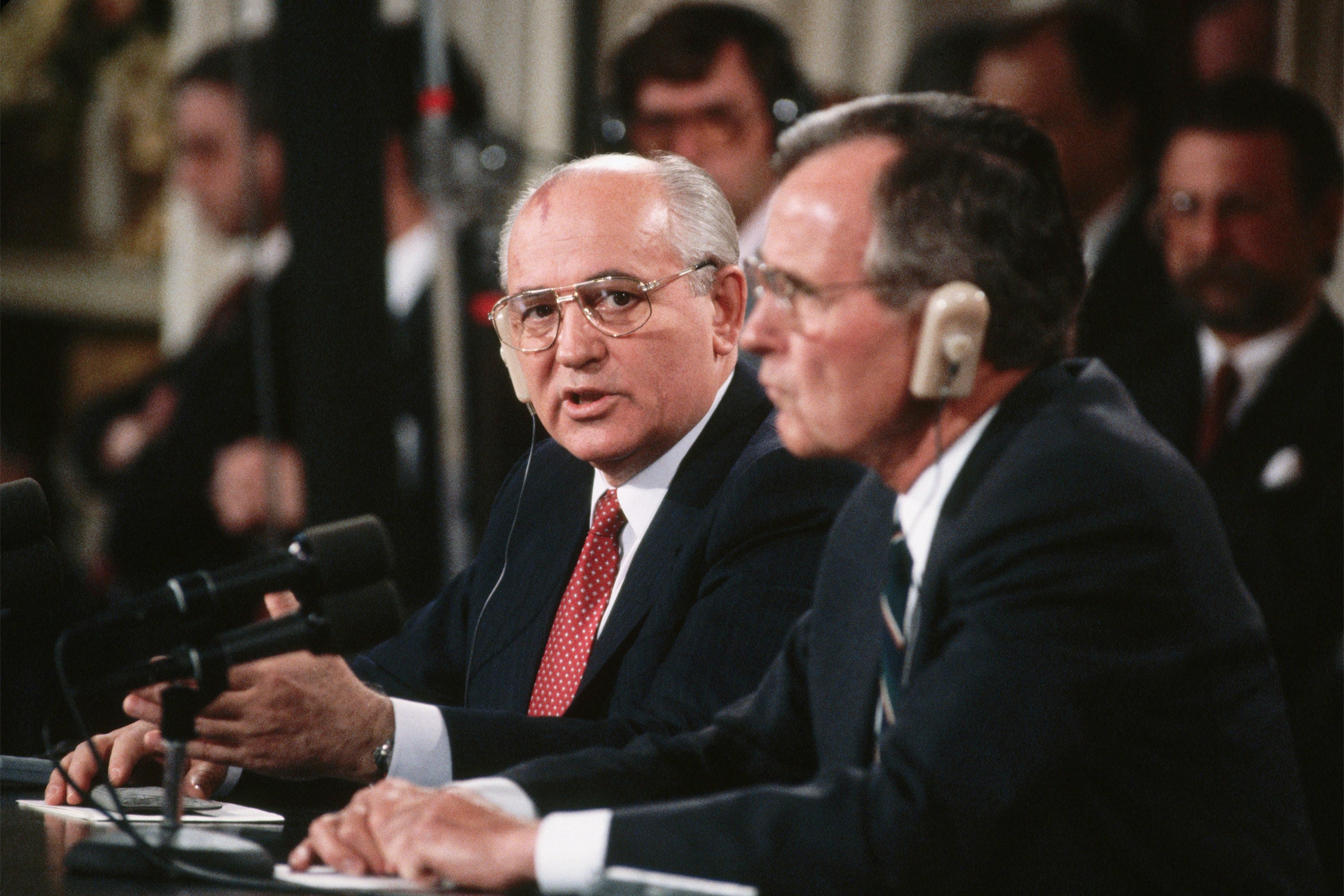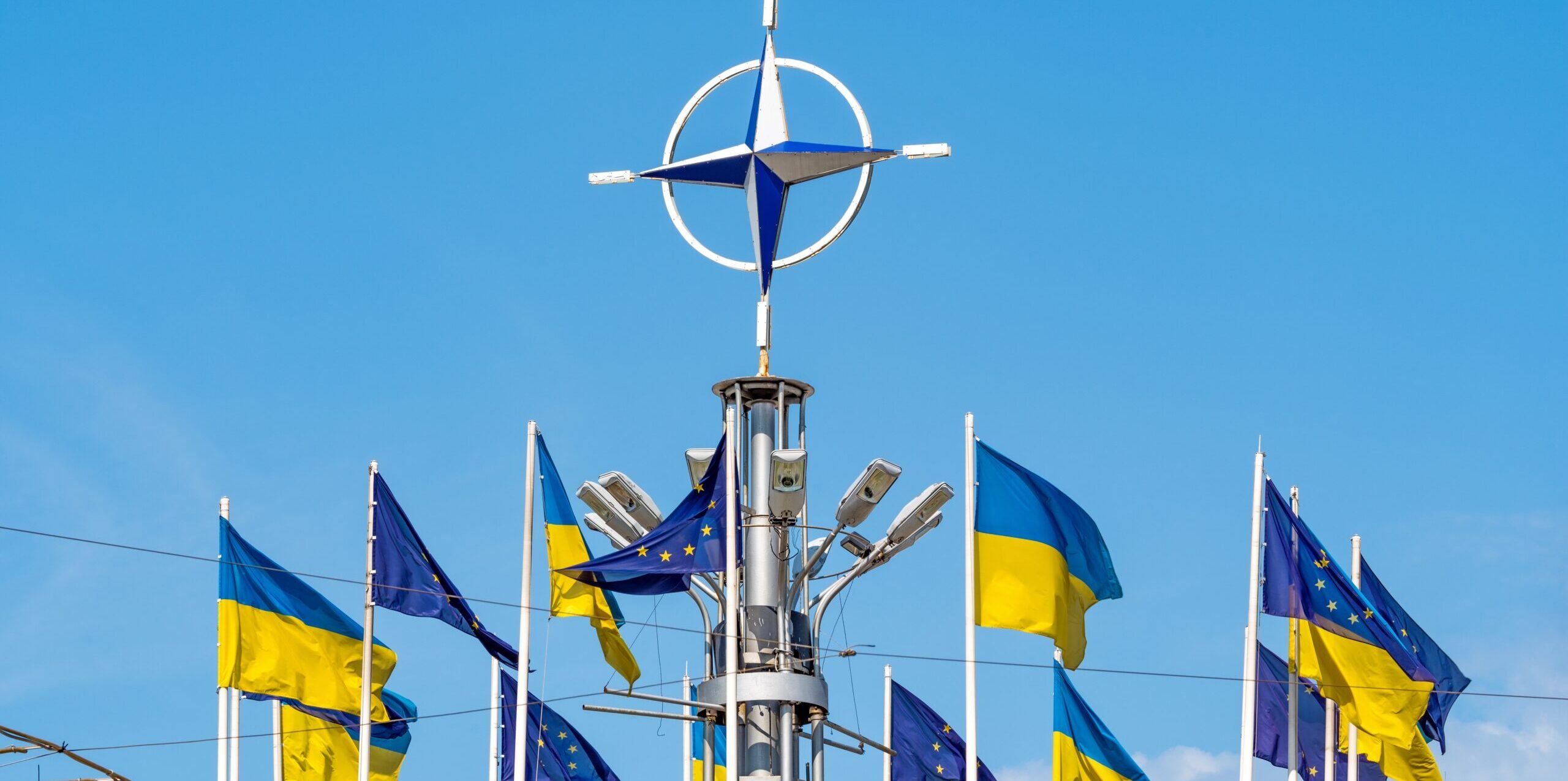
In the aftermath of Russia’s full-scale invasion of Ukraine on February 24, 2022, a powerful narrative quickly took hold across Western governments and media. Russian President Vladimir Putin’s actions were widely and rightly condemned as an act of aggression and a violation of international law. Yet, a specific descriptor, frequently articulated by US President Joe Biden in his initial speech about the invasion, became ubiquitous: “unprovoked.”
This single word, “unprovoked,” echoed tirelessly throughout the media landscape, becoming a staple in headlines and analyses. Major news outlets like Axios, CNBC, and Vox consistently framed the invasion using this precise term, solidifying a particular understanding of the conflict’s genesis. The New York Times, for instance, described the invasion as “unprovoked” no fewer than 26 times across various editorials, opinion columns, and guest op-eds.
However, a closer examination of the historical record reveals a more intricate tapestry of events and decisions, one that suggests the “unprovoked” descriptor, while convenient, obscures a significant and long history of provocative behavior from the United States regarding Ukraine. Understanding this deeper context is not to justify Russia’s invasion, which FAIR resolutely condemns as illegal and ruinous, but rather to comprehend how the world arrived at this disastrous point and what degree of responsibility the US might bear for the current attack on Ukraine. This historical understanding is essential for navigating the complex geopolitical realities of the present.

1. **The “Unprovoked” Narrative and Media Echo**From the moment of Russia’s large-scale military incursion into Ukraine in February 2022, a consistent message emerged from many governments and media figures: this was an “unprovoked” act of aggression. US President Joe Biden, in his first public address on February 24, firmly established this framing, describing the invasion as such. This narrative quickly permeated the global discourse, shaping public perception and political responses.
Media outlets across the spectrum adopted and repeated this terminology with notable consistency. Axios reported on February 27, 2022, that “Putin’s forces entered Ukraine’s second-largest city on the fourth day of the unprovoked invasion.” CNBC, on March 4, 2022, similarly stated that “Russia’s unprovoked invasion of Ukraine entered its second week Friday.” Vox, on March 1, 2022, referred to “Putin’s decision to launch an unprovoked and unnecessary war with the second-largest country in Europe.”
This pervasive use of the term, particularly by influential publications such as The New York Times, which employed it dozens of times, served to reinforce a singular interpretation of the conflict’s origins. While condemning the invasion is critical, the repetitive emphasis on its “unprovoked” nature, according to some analyses, often came at the expense of providing crucial historical context. This framing, it is argued, risks oversimplifying a conflict with deep roots and multi-faceted contributing factors, potentially obscuring elements that led to the current devastating reality.

2. **The Broken NATO Expansion Promise**The story of the current conflict, and indeed the broader relationship between Russia and the West, begins significantly earlier than 2022, tracing back to the end of the Cold War. At that juncture, the United States emerged as the sole global hegemon, a position of unparalleled influence in international affairs. A pivotal understanding was reached as part of the deal that finalized the reunification of Germany, a monumental moment in European history.
Crucially, as part of this delicate negotiation, the United States made a solemn promise to Russia: NATO, the Western military alliance, would not expand “one inch eastward.” This assurance was understood to be a foundational element of the post-Cold War security architecture, designed to assuage Russian concerns about encirclement and maintain a stable geopolitical balance. It represented a commitment to restraint in the immediate aftermath of a protracted ideological struggle.
Despite this explicit promise, it was not long before the commitment began to fray. Almost immediately following the conclusion of the Cold War agreements, discussions and concrete plans for NATO expansion started to circulate among policy makers in the West. This deviation from the initial understanding would, over the ensuing decades, become a significant point of contention, viewed by Russia as a direct breach of trust and a steady encroachment on its perceived sphere of influence, setting the stage for future tensions.

3. **Warnings from US Foreign Policy Veterans**The notion that NATO expansion could be a deeply destabilizing force was not merely a Russian grievance; it was a concern voiced by highly experienced and respected American foreign policy veterans decades ago. In 1997, a substantial group of dozens of such figures, including prominent individuals like former Defense Secretary Robert McNamara and former CIA Director Stansfield Turner, felt compelled to issue a collective warning.
These experts sent a joint letter to then-President Bill Clinton, articulating their profound apprehension about the direction of US policy. They unequivocally called “the current US-led effort to expand NATO…a policy error of historic proportions.” Their assessment was not based on abstract theory, but on a deep understanding of international relations and Russian historical sensitivities. Their message was a clear and urgent plea to reconsider a path they viewed as fraught with peril.
The letter meticulously predicted the far-reaching negative consequences of such an expansion. They foresaw that “In Russia, NATO expansion, which continues to be opposed across the entire political spectrum, will strengthen the nondemocratic opposition, undercut those who favor reform and cooperation with the West [and] bring the Russians to question the entire post-Cold War settlement.” This early warning outlined a scenario strikingly similar to the geopolitical landscape that would eventually unfold, highlighting the foresight of these experienced diplomats and strategists.

4. **George Kennan’s Prophetic Warning**Adding further weight to the early warnings against NATO expansion was the formidable voice of George Kennan, widely regarded as the architect of the US Cold War strategy of containment. In 1998, New York Times columnist Thomas Friedman sought out Kennan’s perspective on the burgeoning discussion of NATO enlargement, recognizing the immense historical insight he possessed. Kennan’s response was not merely cautionary; it was a prescient and profound condemnation of the policy.
Kennan did not mince words, offering a stark and deeply concerning prediction: “I think it is the beginning of a new cold war. I think the Russians will gradually react quite adversely and it will affect their policies. I think it is a tragic mistake. There was no reason for this whatsoever. No one was threatening anybody else.” His analysis cut to the core of the issue, suggesting that the expansion was an unnecessary provocation that would inevitably lead to a deterioration of relations.
He further elaborated on the likely Russian reaction and the subsequent Western misinterpretation: “Of course there is going to be a bad reaction from Russia, and then [the NATO expanders] will say that we always told you that is how the Russians are—but this is just wrong.” Despite these unambiguous and highly respected warnings from within the American foreign policy establishment, the expansion proceeded. Poland, Hungary, and the Czech Republic were added to NATO in 1999, followed by Bulgaria, Estonia, Latvia, Lithuania, Romania, Slovakia, and Slovenia in 2004, cementing the eastward shift that many had cautioned against.

5. **Ambassador William Burns’ Direct Warning (2008)**The warnings against NATO expansion continued well into the 21st century, delivered even by those who would later hold significant positions within the US government. In 2008, William Burns, then the US Ambassador to Moscow and now the director of the CIA under Joe Biden, sent a now-famous cable to Washington titled “Nyet Means Nyet: Russia’s NATO Enlargement Redlines.” This document, later leaked by WikiLeaks, contained an exceptionally clear and prophetic warning about the consequences of further expansion.
Burns articulated in detail the severe implications of Ukraine and Georgia’s aspirations to join NATO. He stated unequivocally that these aspirations “not only touch a raw nerve in Russia, they engender serious concerns about the consequences for stability in the region.” His diplomatic dispatch underscored a profound and deeply ingrained Russian sensitivity to the alliance’s approach to its borders, emphasizing that this was far from a trivial matter for Moscow.
Furthermore, Burns meticulously outlined Russia’s escalating fears: “Not only does Russia perceive encirclement, and efforts to undermine Russia’s influence in the region, but it also fears unpredictable and uncontrolled consequences which would seriously affect Russian security interests.” He also included expert assessments that “Russia is particularly worried that the strong divisions in Ukraine over NATO membership, with much of the ethnic Russian community against membership, could lead to a major split, involving violence or at worst, civil war. In that eventuality, Russia would have to decide whether to intervene; a decision Russia does not want to have to face.” This cable, therefore, precisely foreshadowed the internal and external pressures that would ultimately contribute to the current conflict, highlighting a clear awareness within US diplomatic circles of Russia’s red lines.

6. **Ukraine as a De Facto NATO Ally**Even without formal accession into NATO, Ukraine has, over time, increasingly functioned as a de facto ally of the Western military alliance. This gradual but significant integration has been a source of profound concern for Russia, which has closely monitored these developments as direct threats to its national security interests. The distinction between official membership and practical alignment, for Moscow, became increasingly blurred.
Russian President Vladimir Putin articulated these concerns with particular clarity in a December 2021 speech delivered to his top military officials. He highlighted the persistent presence of NATO countries’ military contingents on Ukrainian territory, often under the guise of exercises, as a critical issue. More significantly, he pointed out that “The Ukrainian troop control system has already been integrated into NATO,” implying that NATO headquarters could directly command Ukrainian armed forces, down to individual units.
Putin emphasized that while “each country is entitled to pick its own security system and enter into military alliances,” there was a critical caveat. He cited international documents stipulating the principle of “equal and indivisible security,” which includes “obligations not to strengthen one’s own security at the expense of the security of other states.” From Russia’s perspective, “Ukraine joining NATO is a direct threat to Russia’s security,” transforming a theoretical possibility into an immediate and tangible concern that Moscow perceived as violating fundamental security principles.




